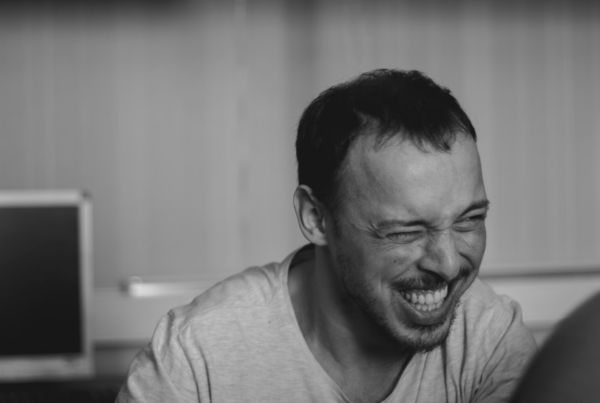
PSYCHsources introduces a different topic from psychology every month. It offers a list of resources that are useful to anyone who wants to learn more about it. In this issue, we introduce positive psychology
Positive psychology is a field of study concerning the well-being of individuals. It developed at the end of the twentieth century by promoting the need for a greater focus on what makes people flourish and live a good life, rather than on mental illness and abnormal behavior. Positive psychology studies what thoughts, behaviors, and habits allow people to make the most of their potential and live a fulfilling life. Popular topics in positive psychology include happiness, hope, resilience, and character strengths.

- Foundations of Positive Psychology Specialization from University of Pennsylvania: https://www.coursera.org/specializations/positivepsychology
The Foundations of Positive Psychology Specialization consists of five online courses covering the history of positive psychology, applications and interventions, research methods, resilience skills and a project assignment where students design their own well-being intervention. Each course lasts four weeks and learning can take place at one’s own schedule.
- The Science of Well-Being from Yale University: https://www.coursera.org/learn/the-science-of-well-being
The Science of Well-Being is a self-paced course taught by Laurie Santos from Yale University. The course is an online version of Yale’s most popular course: Psychology and The Good Life. It tackles the misconceptions that people have regarding what brings happiness into their lives and presents what research has to say about what things truly make us happier.
- The Science of Happiness from University of California Berkeley
https://www.edx.org/course/the-science-of-happiness-3
The Science of Happiness is the first MOOC (Massive Open Online Course) about positive psychology. It is an introductory online course that touches upon topics such as connection, kindness, mindfulness and the role of mental habits and social relations in achieving happiness. It lasts eleven weeks and it is self-paced.
- The Happiness Lab with Laurie Santos: https://www.happinesslab.fm/
The Happiness Lab is hosted by Dr. Laurie Santos. It presents the latest research on happiness and how this knowledge applies to everyday situations. For instance, in the episode “The War for Kindness” she discusses the role of kindness in reducing group violence and intergroup bias. The Happiness Lab includes a series of podcasts about the mental challenges of life during the Coronavirus pandemics called “Corona Bonus”. Here she talks about overcoming loneliness, maintaining relationships, connecting with others, and remaining calm when panic threatens society.
- The Science of Happiness: https://greatergood.berkeley.edu/podcasts/series/the_science_of_happiness
The Science of Happiness offers research-based practices that listeners can use in their own lives. It is hosted by psychologist and researcher Dacher Keltner. The podcasts, currently at episode 84, are grouped according to topics ranging from altruism, awe, and compassion to equality, bridging differences, and forgiveness.
- Positive Psychology Maastricht Summer School: https://maastricht.dreamapply.com/courses/course/113-positive-psychology
This summer course is open for undergraduate students and people with an undergraduate diploma. It is a full-time course that lasts three weeks. It discusses a variety of topics including post-traumatic growth, mindfulness, autonomy and meditation.
- Flow by Mihaly Csikszentmihalyi
This book introduces the concept of flow which is the conscious state of being fully immersed in a particular experience. Mihaly Csikszentmihalyi explains how flow adds meaning to people’s lives and how it can be channeled.
- Authentic happiness by Martin Seligman
Martin Seligman offers an “exercise” book that helps people practice the aspects that research has shown to bring genuine happiness. It aims to help the reader discover their character strengths and then use them to improve their life.
- Grit: the power of passion and perseverance by Angela Duckworth
Angela Duckworth defines grit as the passion and perseverance for long-term goals. This book argues that grit is a common trait among successful individuals, shows how it manifests, and explains why it is more important than innate talent.
- Emotional agility by Susan David
Susan David introduces the idea of emotional agility to define how people reflect upon their thoughts and emotions as they go through an important experience. She argues that the capacity to step back and align our actions with our values before acting upon our momentary thoughts and emotions is essential for overcoming adversity and making the most out of our lives.
The following websites offer a variety of resources for learning positive psychology such as conferences, workshops, podcasts, research projects, questionnaires and more.
- Positive Psychology Center at University of Pennsylvania: https://ppc.sas.upenn.edu/
- Authentic Happiness: www.authentichappiness.org
- Greater Good Science Center at Berkeley: https://greatergood.berkeley.edu/
- Center for Positive Organisations at University of Michigan: https://positiveorgs.bus.umich.edu/



